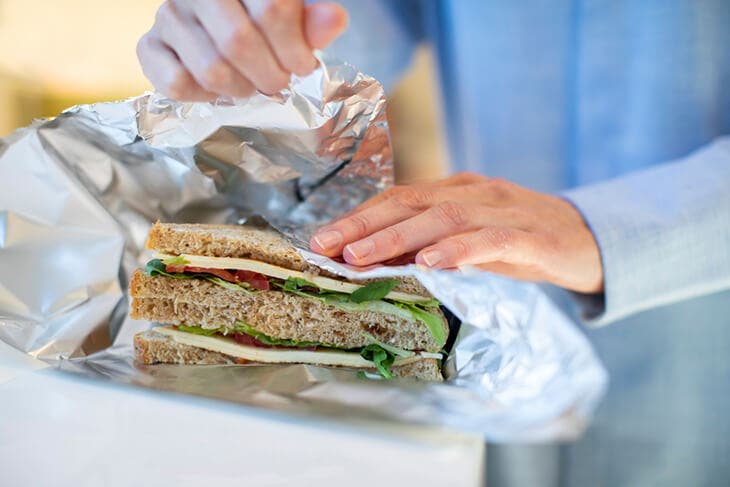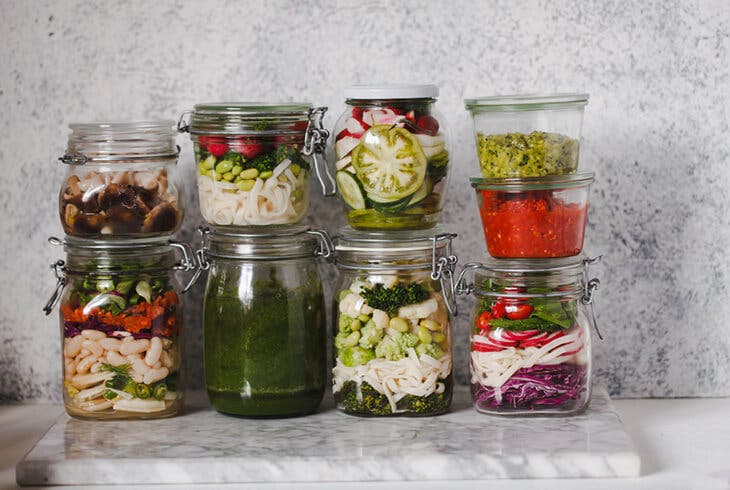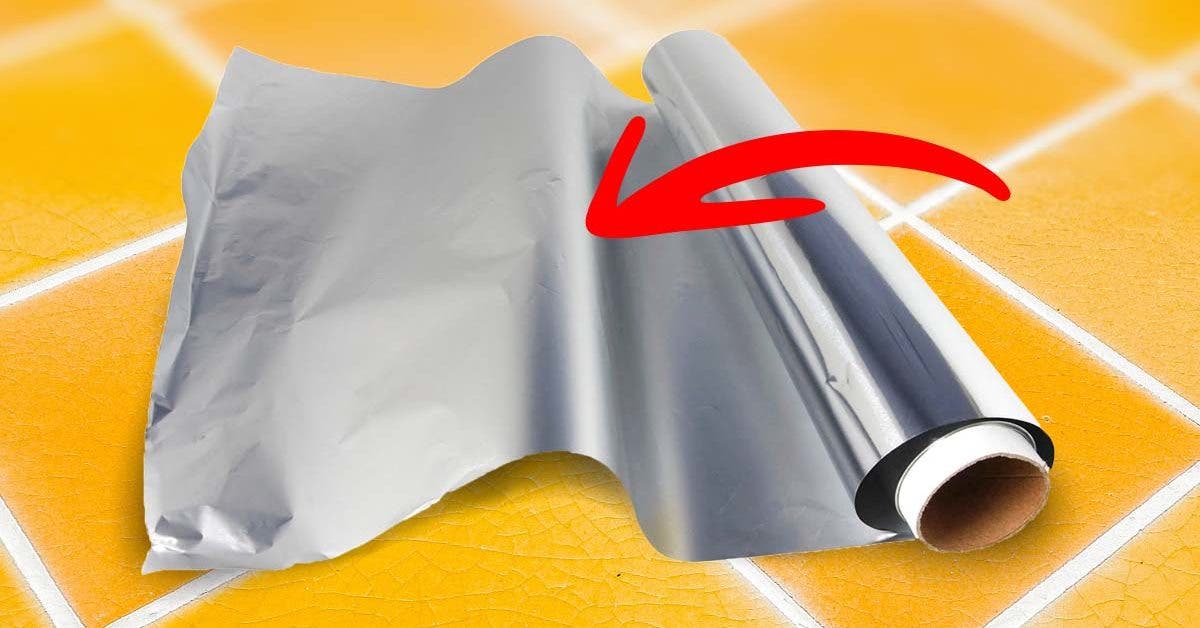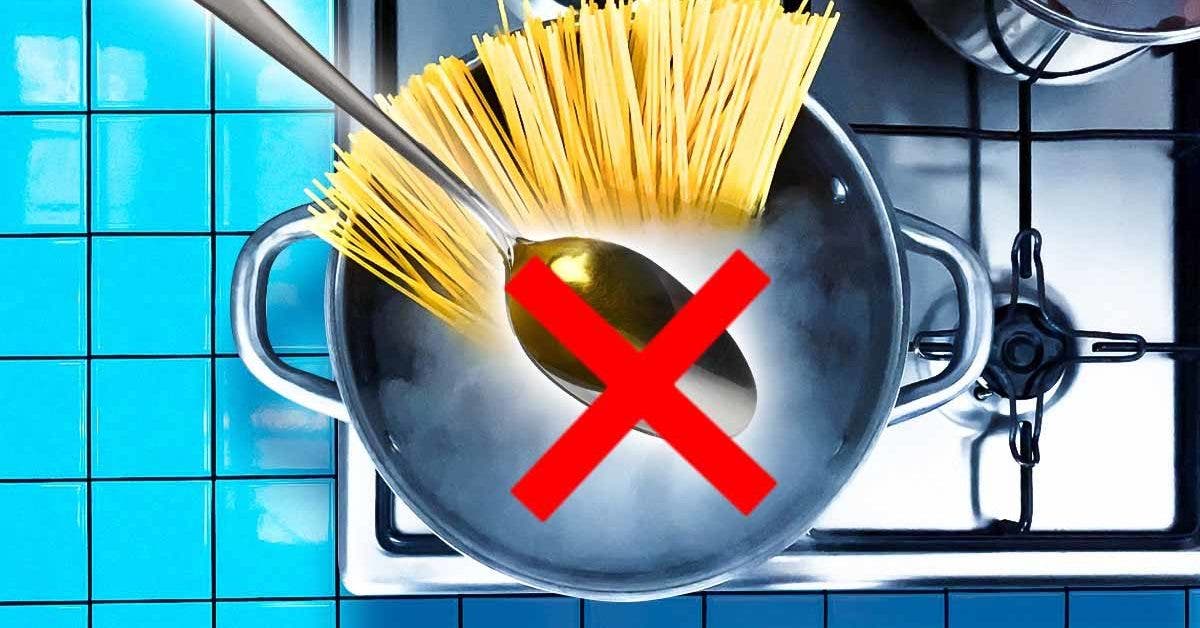Why should we avoid using aluminum foil? A lot of people are wrong
Like plastic food wrap, stretch aluminum foil is present in almost all kitchens. Flexible, practical and versatile, this tool is used for a variety of purposes in the home, including protecting food from bacteria and storing it in the refrigerator. It also has the ability to withstand extreme temperatures, keeps our dishes hot, preserves the flavor of food and prevents the infiltration of humidity or odors. Like most people, you’re probably used to wrapping your food items in that silver foil and putting them in the freezer. Except that according to many studies, this gesture is not without risk. Find out why aluminum foil is not the most suitable material for storing your food in the freezer.
According to the European Food Safety Authority, aluminum foil could cause the migration of small particles of this metal to the heart of packaged food, and thus end up in our body. This type of packaging can thus prove to be toxic to health. Better to use it in small doses. It is particularly preferable to avoid using it to freeze food.

Wrap toast in aluminum foil – Source: spm
Why should food not be wrapped in aluminum foil before freezing?
In absolute terms, as it resists very cold temperatures, aluminum foil would be the ideal option to preserve your food in the freezer, preserve its taste and block the odors of other products. However, multiple studies have shown that in contact with certain foods, particularly acidic and salty, ice crystals can form, releasing the aluminum ions which risk contaminating the food. This is because acidity tends to absorb aluminum more quickly. By penetrating into food, these potentially toxic particles could be harmful to the body and cause illness.
Furthermore, it is also not advisable to freeze food freshly baked wrapped in foil. Because the still hot temperature risks interacting with this thin sheet and causing the metal particles to mix with the food.
However, this potentially toxic exposure to the aluminium, because there is no real health alert. It is therefore not a question of completely excluding the usefulness of aluminum foil. It is, in fact, very practical for cooling, that is to say for food stored in the refrigerator. It is also in great demand for cooling dry and low-moisture foods, without the formation of ice crystals.
If you really want to use it to freeze certain foods, choose for rapid freezing that does not last over time.


- Preserving food in glass containers – Source: spm
As you know, in the face of ecological issues, green gestures have been necessary for a few years. For a healthier and less toxic environment, we must try to abandon the throwaway culture as quickly as possible, reduce waste and focus on more sustainable alternatives.
Also, for participate on your scale in saving the planet, your food can be frozen without plastic wrap or aluminum foil. There are traditional options, such as using cotton, glass or paper fabrics. Or even newer methods, such as platinum silicone bags.
- Glass containers are a very good option for storing food in the freezer. Glass does not pick up odors, colors or flavors. As a bonus, it is durable, 200% recyclable and risk-free of contamination on food.
- Silicone bags are also very useful. They are perfect for freezing any type of food, as they are non-stick. It is thus the most sensible substitute for disposable plastic freezer bags.
- Stainless steel containers are also suitable for freezing cooked food or fruit and vegetables. As a bonus, there is no risk of bursting.
Good to know: to preserve your health, freeze only very good quality food. Remember that you should never refreeze thawed foods, as this increases their bacteria content. And this also applies to already cooked food. Although the heat of cooking has killed the pathogens, improper freezing can cause bacteria to grow again.
Read also Here is how to degrease and perfume the oven with white vinegar




